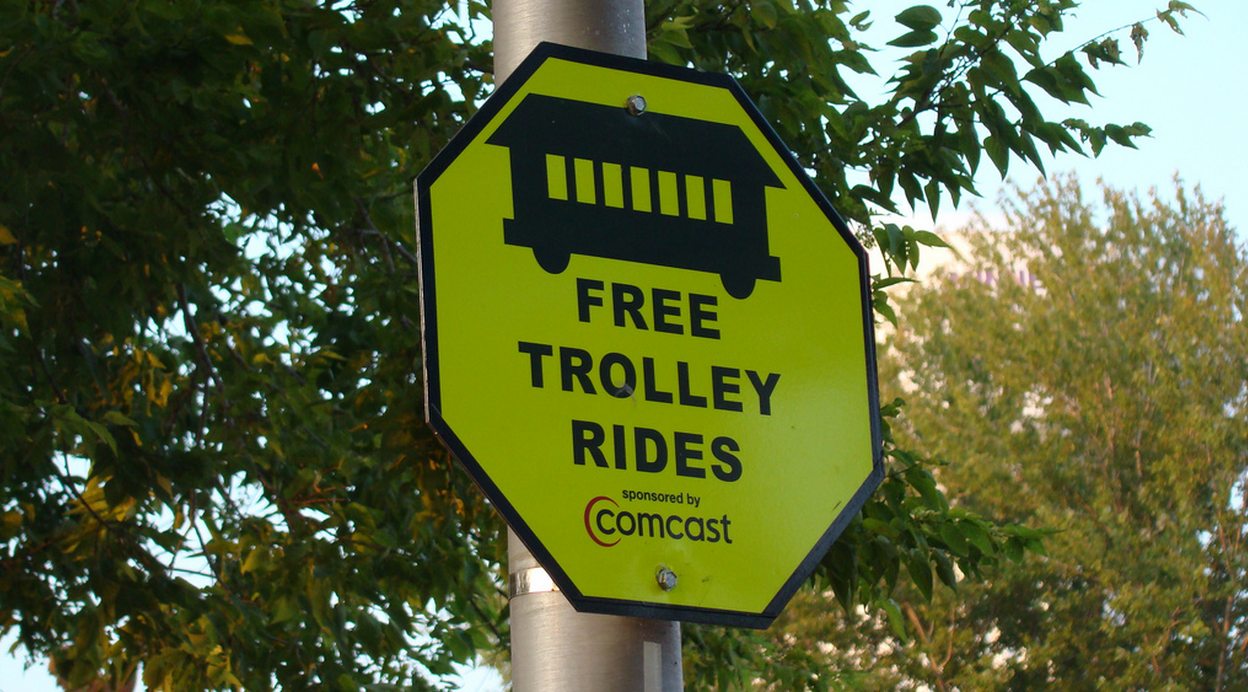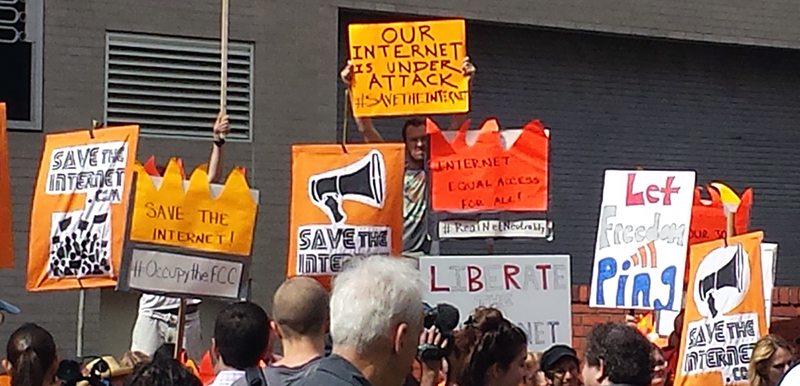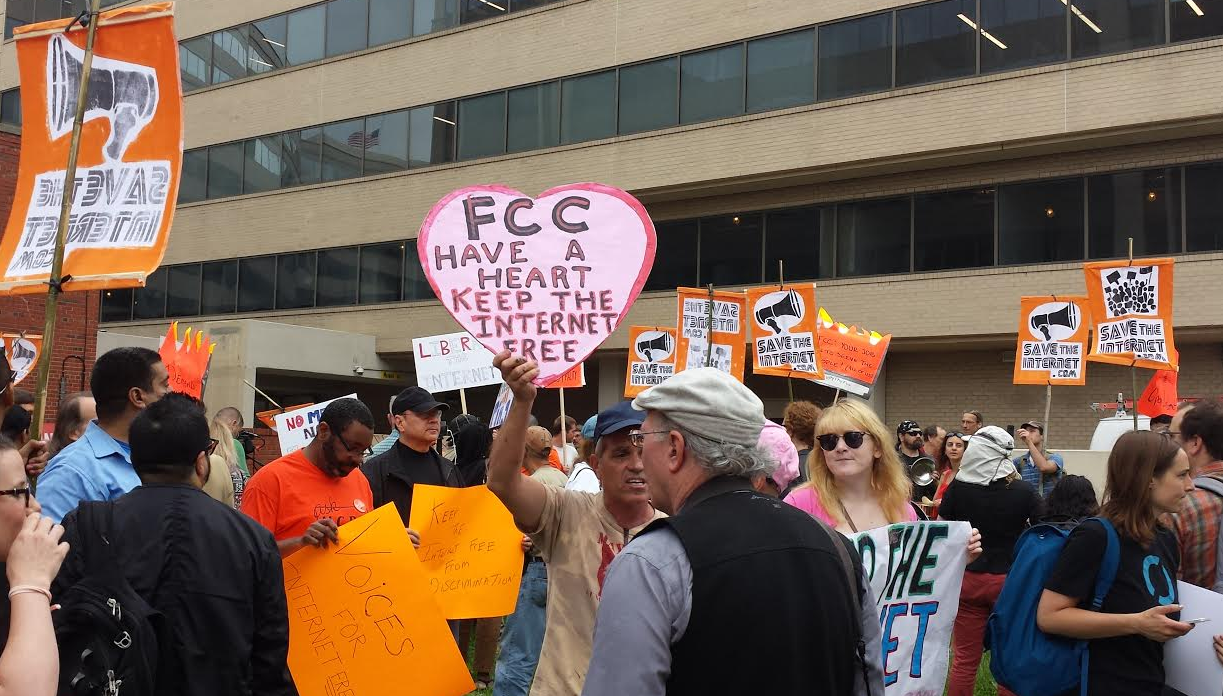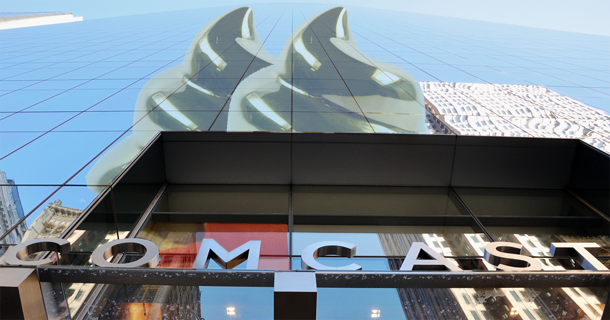Comcast, like someone on house arrest who can’t stop talking about how much he loves just staying at home, can’t shut up about its alleged “support” of net neutrality — a support that was forced upon it as a condition of its 2010 acquisition of NBC. Now the nation’s largest Internet service provider is publicly stating that it “agrees” with President Obama’s feelings on neutrality, just not the ones that actually matter. [More]
fast lanes

Senator Asks Comcast To Stick With Net Neutrality Beyond Its Legal Obligation
While its counterparts (we can’t call them competition, since that doesn’t exist) at other cable and Internet service providers have been drooling over proposed “net neutrality” rules that would allow ISPs to charge content companies for “fast lane” access to end-users, Comcast has consistently maintained that it is the only ISP to hold to the since-gutted 2010 version of neutrality (without mentioning that it’s legally obliged to follow those rules for a few more years). Now the Chairman of the Senate Judiciary Committee is asking Comcast to stick to those rules even after it no longer has to. [More]

How To Tell The FCC Exactly What You Think About The Proposed Net Neutrality Rule
Earlier today, the FCC voted to move forward with their new proposed net neutrality rules. While somewhat tempered from the original rumored proposal, the proposed rule is still far-sweeping and controversial. The FCC is expecting a whole heap of opinions to come pouring in on the issue, now that the official comment period is open. [More]

FCC Votes To Approve Net Neutrality Rules With Fast Lanes Intact
As predicted, the five FCC commissioners voted 3-2 today to approve Chairman Tom Wheeler’s latest version of the Open Internet rule — better known as net neutrality — with a slightly revised take on so called Internet “fast lanes,” which would have given Internet service providers like Verizon and Time Warner Cable the ability to charge content companies extra for higher priority access to end users. [More]


